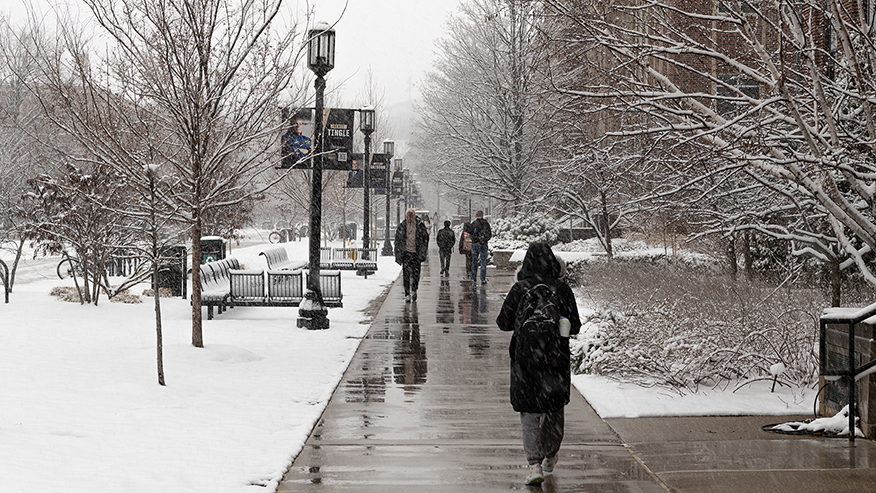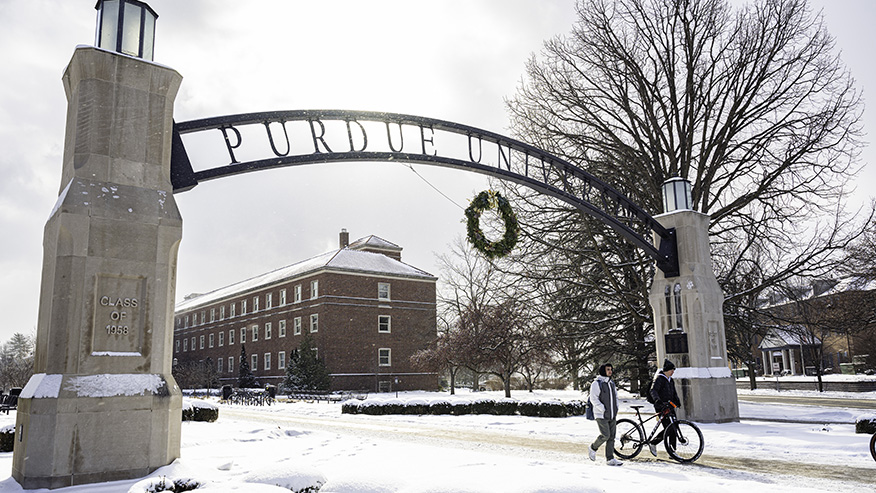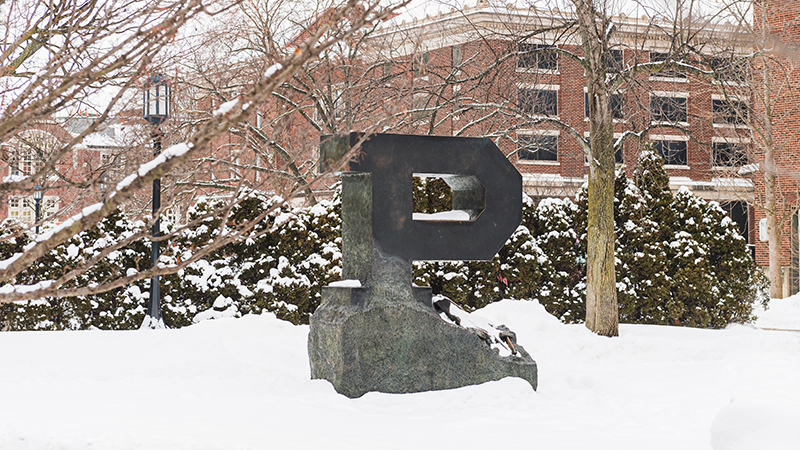Registration open for March 11 Westwood Lecture on the role of quantum in advancing energy transport
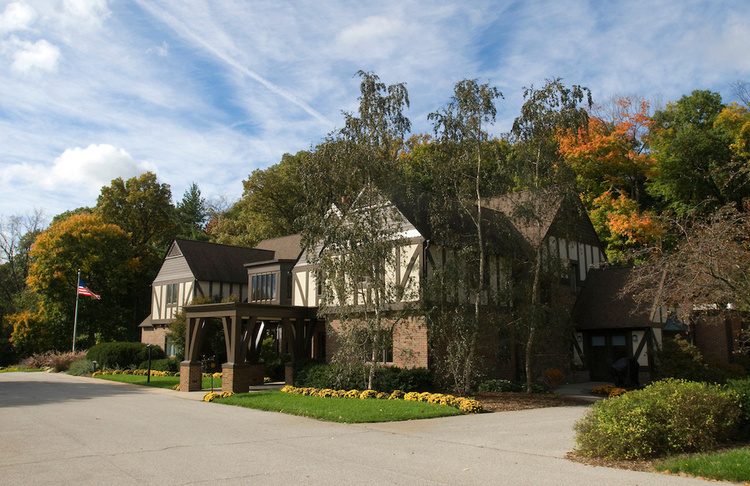
Registration is open for faculty to attend the Westwood Lecture Series March 11.
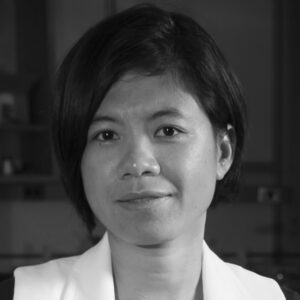
Libai Huang, professor of chemistry in the College of Science, will present “From Light to Matter: Controlling Excitons for Quantum Innovation” from 4:30-5:30 p.m. at Westwood, the Purdue president’s residence.
The Westwood Lecture Series is an opportunity for Purdue faculty and staff members engaged in a research topic to interact with colleagues on scholarly work. The program is aimed at enhancing the intellectual vibrancy of the West Lafayette campus.
Space is limited to the first 50 faculty who register online.
“From Light to Matter: Controlling Excitons for Quantum Innovation”
Libai Huang
Professor of chemistry
Director, Quantum Photonic Integrated Design Center Energy
College of Science
Abstract. At the most fundamental level, transport of energy carriers (such as electrons and excitons) in the solid state is determined by their quantum wave functions and the interactions with their surroundings. However, studying this transport at the quantum level is challenging because excitons lose their quantum coherent properties extremely quickly (within trillionths of a second) and are confined to nanometer-scale regions. To truly understand their motion, we need experimental techniques that capture both their spatial and temporal dynamics.
To tackle this challenge, Huang’s research group has developed advanced imaging techniques that combine optical microscopy with ultrafast spectroscopy. These methods allow them to visualize exciton transport at the nanoscale to the mesoscale across a wide range of temperatures.
In this talk, Huang will share her team’s latest discoveries on how researchers can manipulate excitons in two-dimensional quantum materials. These findings not only advance our understanding of exciton behavior but also highlight their potential as platforms for quantum simulations. The ability to measure and control coherent quantum pathways is crucial for advancing technologies in both solar energy harvesting and quantum information processing.
Bio. Libai Huang is a professor of chemistry in the College of Science and director of the Quantum Photonic Integrated Design Center Energy Frontier Research Center. Huang leads a pioneering research program dedicated to directly imaging energy and charge transport with femtosecond time resolution and nanometer spatial resolution using ultrafast microscopy. Her work aims to uncover the transport dynamics of excitons and charges in solar energy and quantum materials.
Huang is an executive editor for The Journal of Physical Chemistry, published by the American Chemical Society. She earned a Bachelor of Science in chemistry from Peking University in 2001 and a PhD in chemistry from the University of Rochester in 2006. She was a postdoctoral fellow at Argonne National Laboratory from 2006 to 2008.
Upcoming spring 2025 Westwood Lecture Series events
April 8: Majid Kazemian, associate professor of biochemistry in the College of Agriculture and computer science in the College of Science, will present “Drug Discovery: From In Silico Insights to In Vivo Validation.”
Kazemian’s research focuses on gene regulation in viral-associated cancers, autoimmune disorders and infectious diseases.
About Purdue University
Purdue University is a public research university leading with excellence at scale. Ranked among top 10 public universities in the United States, Purdue discovers, disseminates and deploys knowledge with a quality and at a scale second to none. More than 107,000 students study at Purdue across multiple campuses, locations and modalities, including more than 58,000 at our main campus in West Lafayette and Indianapolis. Committed to affordability and accessibility, Purdue’s main campus has frozen tuition 13 years in a row. See how Purdue never stops in the persistent pursuit of the next giant leap — including its comprehensive urban expansion, the Mitch Daniels School of Business, Purdue Computes and the One Health initiative — at https://www.purdue.edu/president/strategic-initiatives.
